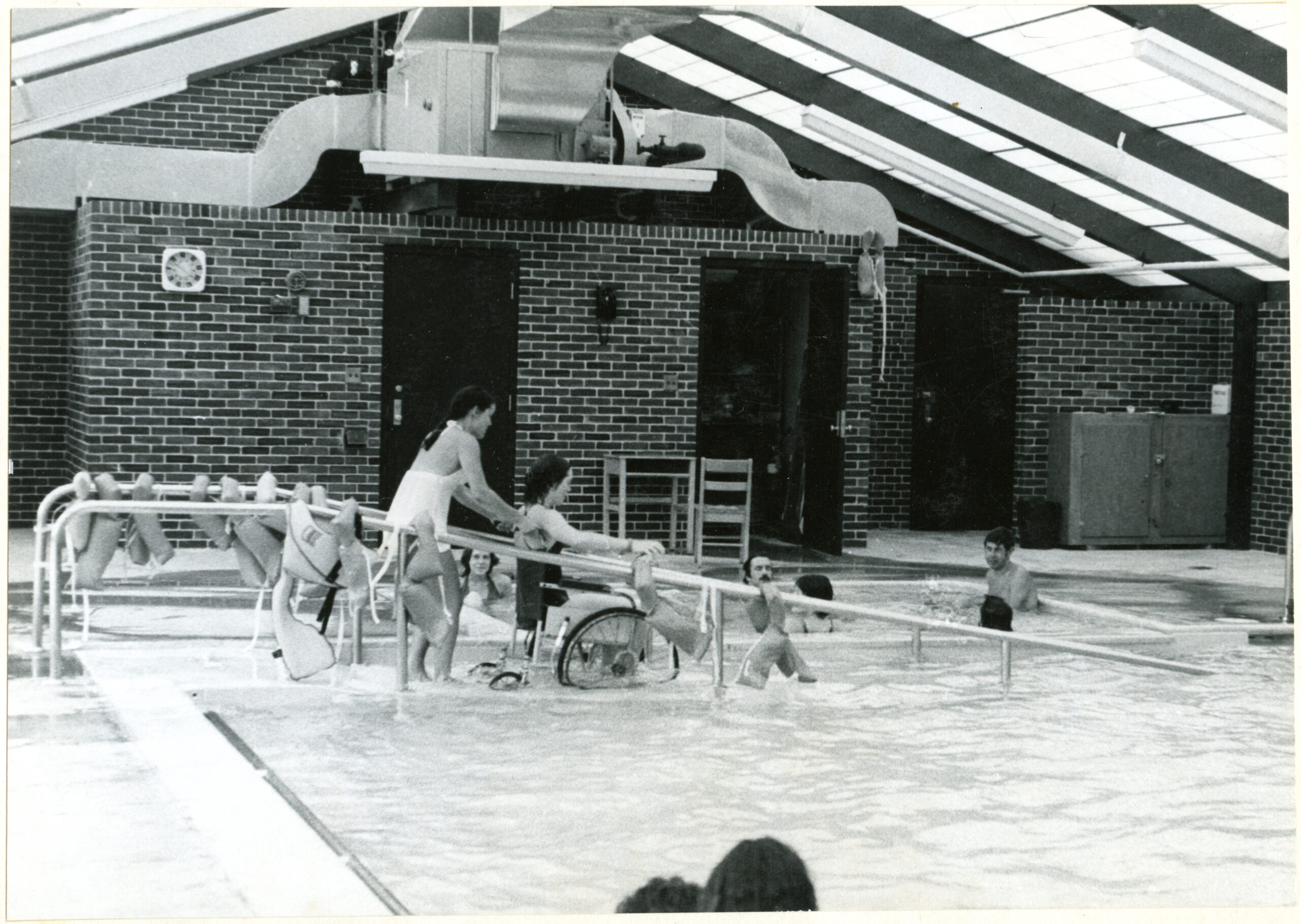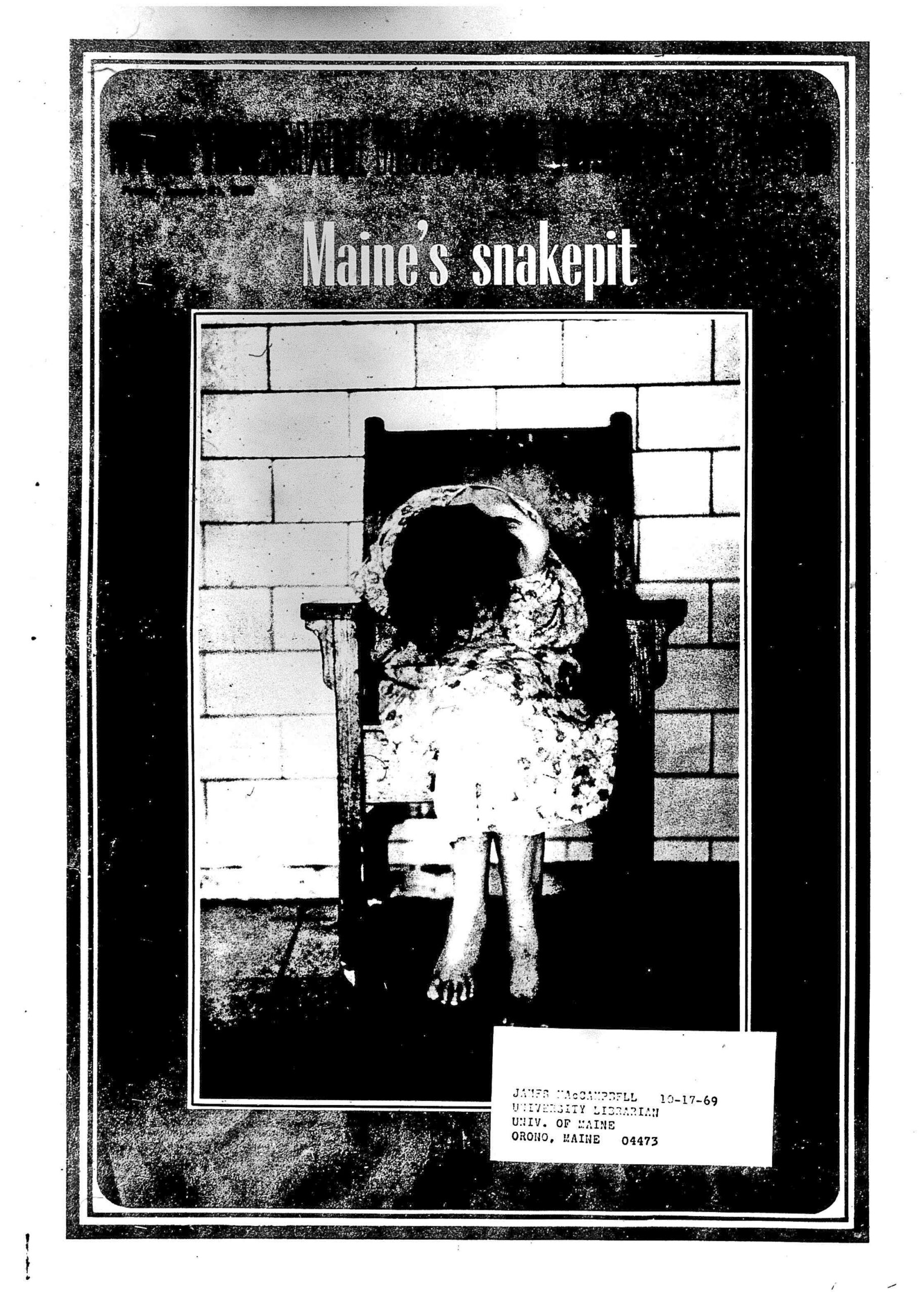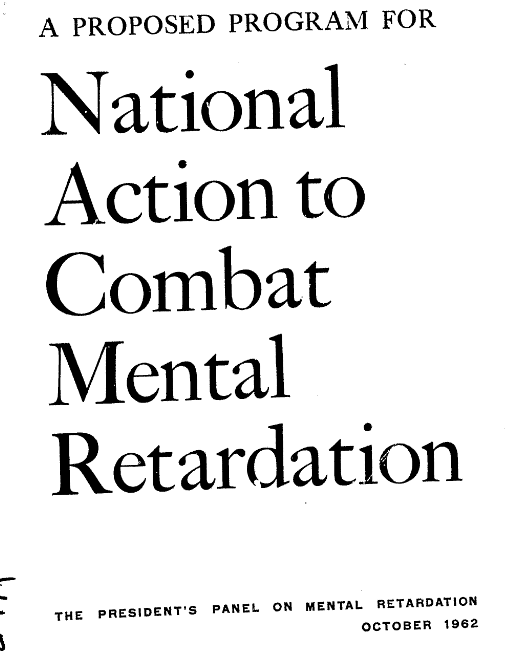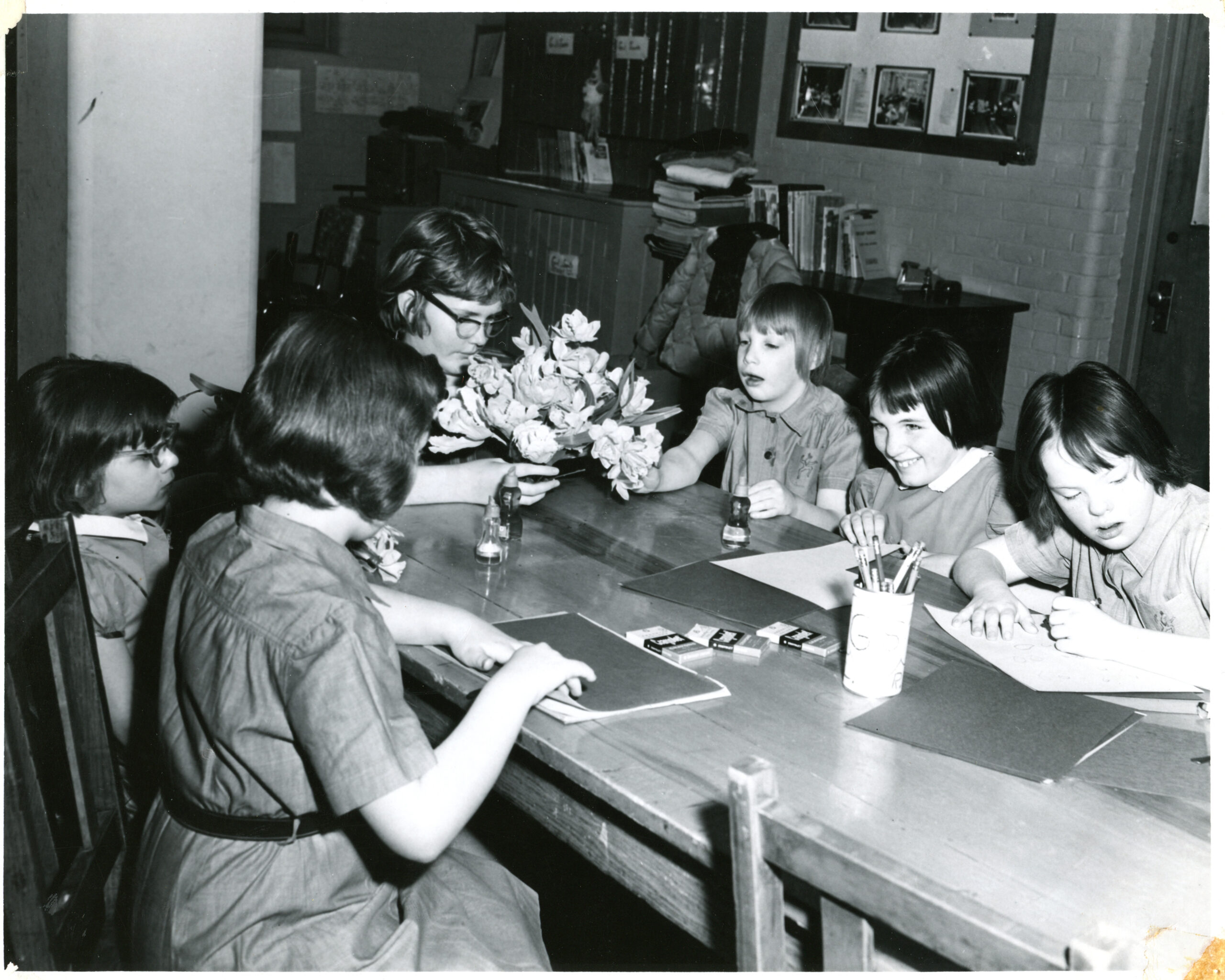The new law gave a bit more freedom for marriage, but still denied anyone “impaired by reason of mental illness or mental retardation to the extent that he lacks sufficient understanding or capacity to make...responsible decisions” the right to marriage.
The state decided to settle the lawsuit, rather than go to trial. The result was a two-part consent decree that detailed rights of persons with developmental disabilities at Pineland and in the community.
This law provided clearer definitions of developmental disabilities that included specific conditions and specified that the conditions originate before the age of 18 (raised to 22 in 1978), are expected to continue indefinitely, and represent a serious handicap.
This law finally included children with disabilities in public education in an inclusive way, mandating that all children have the right to a “free and appropriate public education” in the “least restrictive environment” possible.

Change and reform were in the air at Pineland, but despite some new ideas and improvements, problems continued.

A Maine Times exposé in 1969 revealed overcrowding, residents with inadequate clothing, staff shortages, and deteriorating facilities. Another exposé, in The Church World in 1972 found similar problems.
Another “responsibility” that was granted to this new department was control over people with developmental disabilities who were determined to need guardianship, and who didn’t have family members willing or able to be guardians.

President John F. Kennedy had a personal connection to institutionalization and as President he would bring developmental disabilities into the public eye, and make the reenvisioning of services for people with developmental disabilities a cornerstone of his policies.

Superintendent Bowman himself began to express the view that many of those at Pineland could and should be returned to the community: “the mission and objective of Pineland is to return to the family, the community, and to outside civilization as many of the patients as possible, after they have received the maximum training and education we can provide here.”
While still segregated from their non-disabled peers, this law opened up opportunities to children with developmental disabilities.
